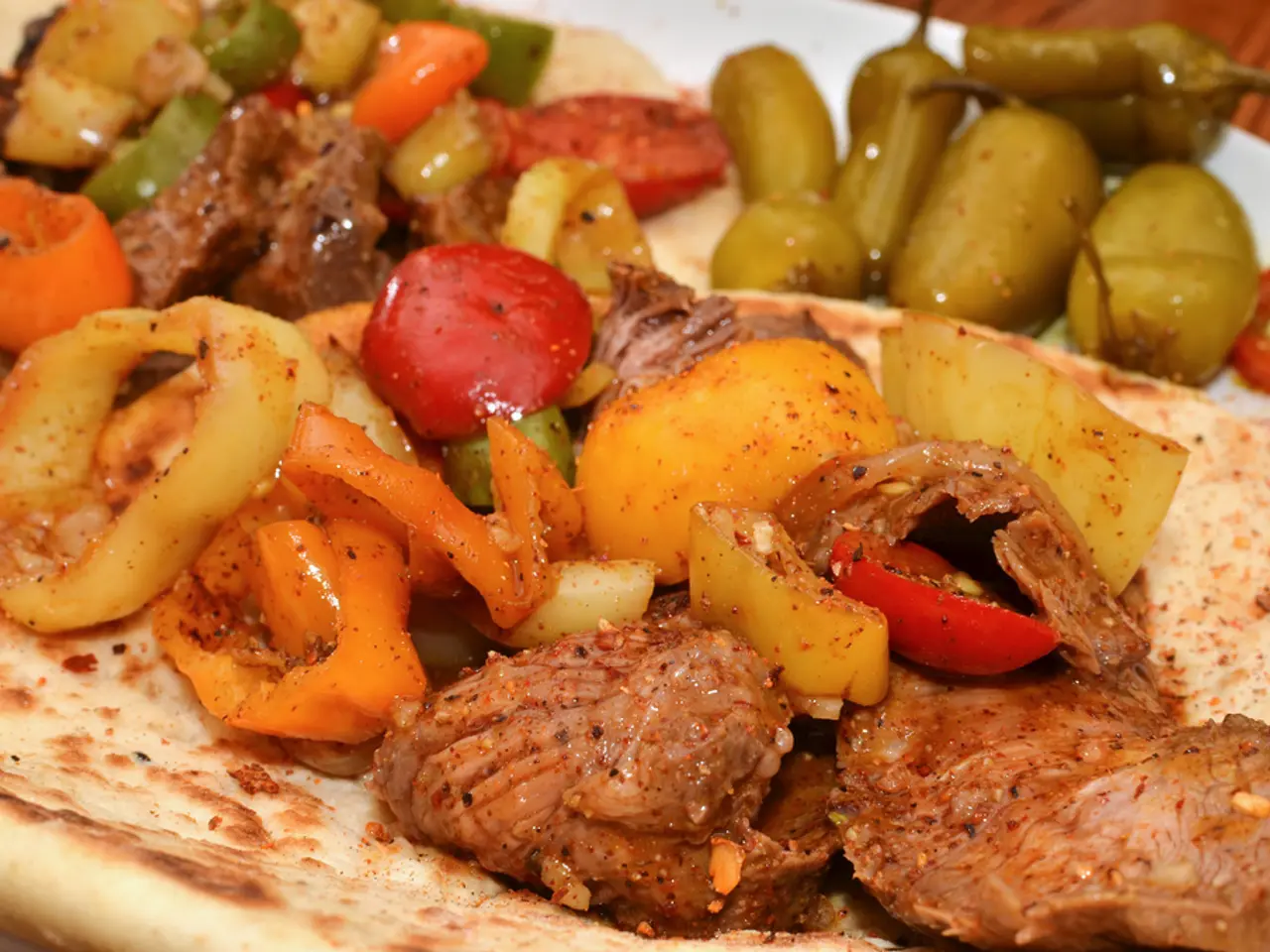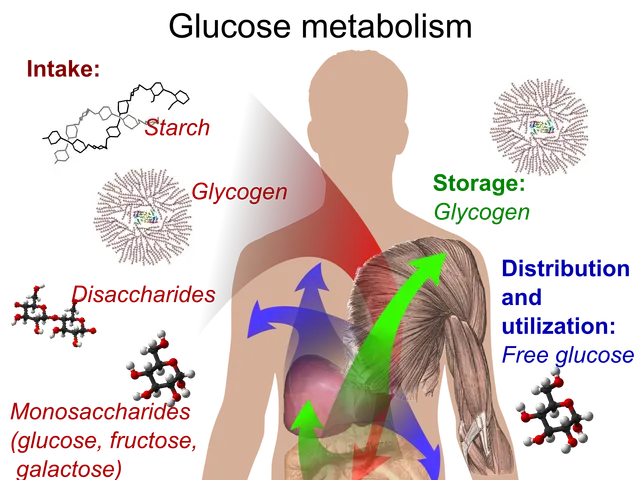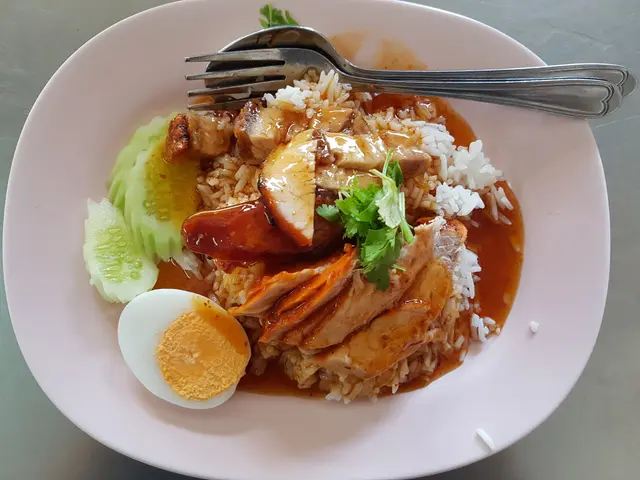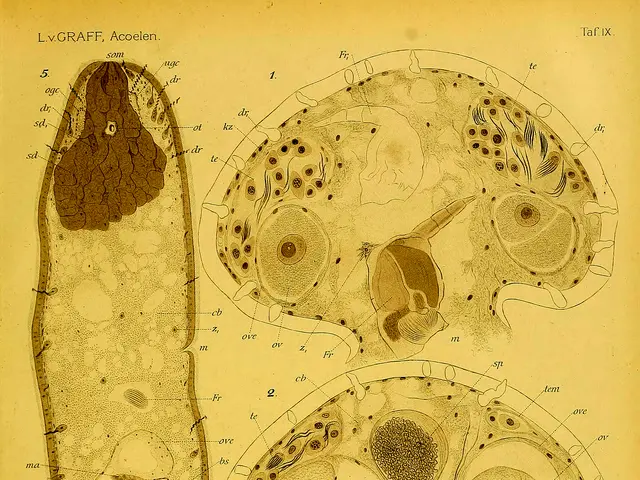How a 2,500-Year-Old Japanese Habit Could Transform Your Health
Hara hachi bu, a centuries-old Japanese eating philosophy, is gaining global attention for its potential health benefits. The practice, which involves eating until around 80% full, is rooted in moderation and has been adopted by some of the world's healthiest and longest-living people.
The principle of hara hachi bu, which translates to 'eat until you are eight parts (out of ten) full', is derived from a Confucian teaching. It encourages mindful eating, promoting better digestion and more nourishing food choices. By eating without distractions and at a slower pace, practitioners can better gauge their fullness and avoid overeating.
Research supports the benefits of this approach. Studies show that adhering to hara hachi bu can reduce total daily calorie intake, lower long-term weight gain, and lower average BMI. It shares principles with mindful and intuitive eating, which can help reduce emotional eating and enhance overall diet quality. The practice also encourages healthier meal patterns, with increased vegetable consumption and reduced grain intake.
While hara hachi bu may not be suitable for everyone, such as athletes, children, or those with specific nutritional needs, it offers a sustainable way to support long-term health changes and prevent weight regain. It's not meant to be a restrictive diet, but rather a mindful approach to eating that can help reconnect with food and promote better health. To try hara hachi bu, simply eat without distractions, slow down, aim for comfortable fullness, and practice self-compassion.







